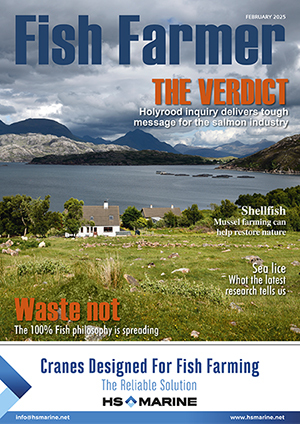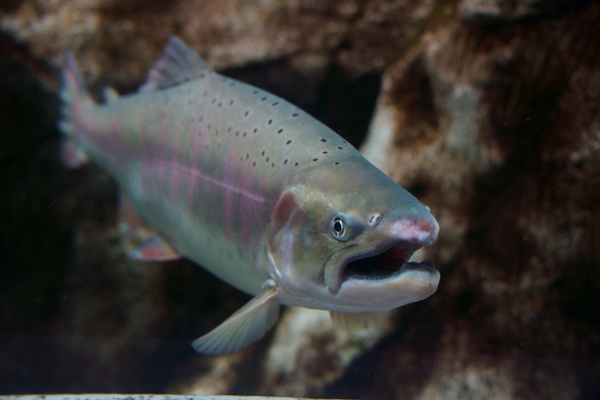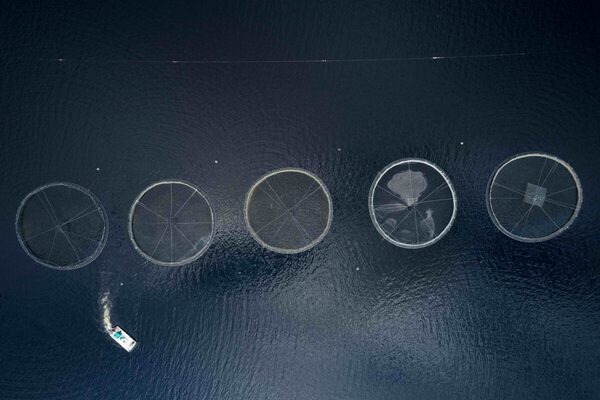Mowi Scotland reports bumper results for 2024
Mowi Scotland produced the group’s second best divisional financial performance last year with harvest and profits up and production costs down.
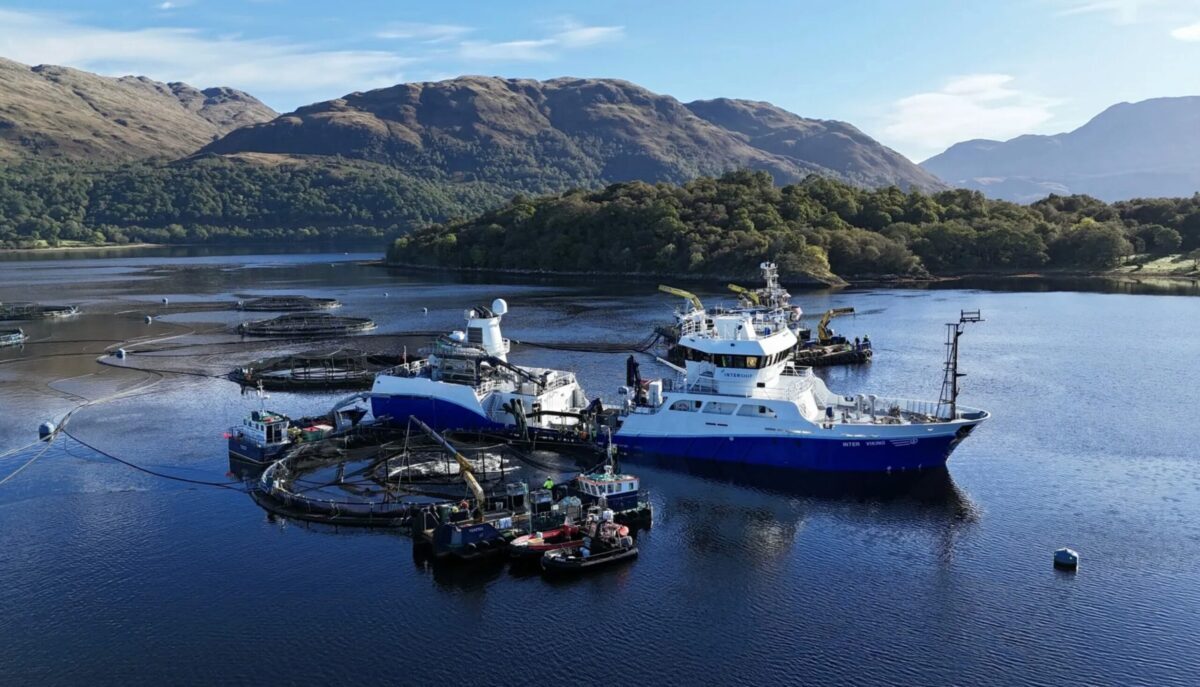
With past biological issues now behind it, Mowi Scotland reported an operational EBIT or operational profit in 2024 of €110.6m (almost £92m) and an EBIT of €32m (£26.6m) in the final quarter of 2024.
The annual harvest of 65,977 tonnes was 1,200 tonnes higher than a year ago, while the final quarter was particularly strong, rising by over 6,500 tonnes to 16,953 tonnes.
Mowi said the final three months was marked by a considerably improvement in biological performance, harvest volumes and costs and earnings for its Scottish operations.
Prices and volume development were strong for Mowi Scotland, increasing year on year, the company said.
The report said: “Compared with the reference price, achieved prices were as much as 41% above (32% above) on improved harvest weight, increased sale of differentiated products and positive contribution from Consumer Products and contracts.
“The contract share was 58% (66%). Quality was relatively stable from Q4 2023. Harvest volumes increased to 16,953 tonnes gutted weight (10,568 tonnes) which was above guidance on good production and lower mortality.
“Cost decreased from the comparable quarter on the back of higher survival rates combined with higher average weights and positive scale effects from higher volumes. Production, mortality, feed conversion rate and harvest weights all improved from the comparable quarter.”
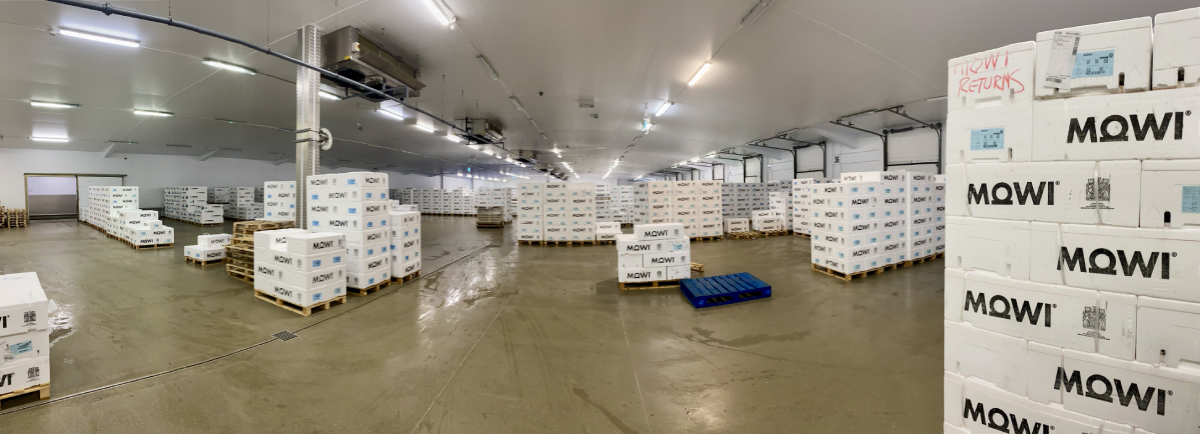
Mowi said the seasonal challenges associated with algae and jelly fish have been less of an issue this year, thanks to lower sea temperatures.
Mowi Scotland has also improved its treatment capacity, including capacity for AGD (amoebic gill disease) treatments.
However, string jellyfish were again present in high numbers throughout October and November.
The transfer of post-smolts produced in Loch Etive to ordinary marine sites continued in the quarter. Although the transfer went well, Mowi said, these sites were impacted by string jellyfish swarms, which declined and abated in late November. Otherwise, the company said, all post-smolts are showing good performance in the sea.
The report added: “Our post-smolt operations in Loch Etive are developing as planned. The four site system is being fallowed twice per year, which has resulted in major biological improvements and much lower sea lice pressure.
“Loch Etive has now been restocked with four million smolt which will transfer to marine sites in Q1 at around 400 grams. Going forward, we expect Loch Etive to have an annual output of post-smolt in the range of seven to eight million.
“Furthermore, construction of the new broodstock facility at Ardessie is ongoing and operations are expected to commence in Q3 2025.”
Mowi Scotland says both the post-smolt project and the broodstock facility are important steps to further improve its biological and financial performance.
“Post-smolt partially mitigates summer water quality challenges and eggs of the Mowi strain correlate strongly with higher robustness and lower mortality in Scottish marine conditions.
Mowi Scotland is forecasting high harvest volumes for the first half of 2025 and lower first half year costs compared with 2024.
